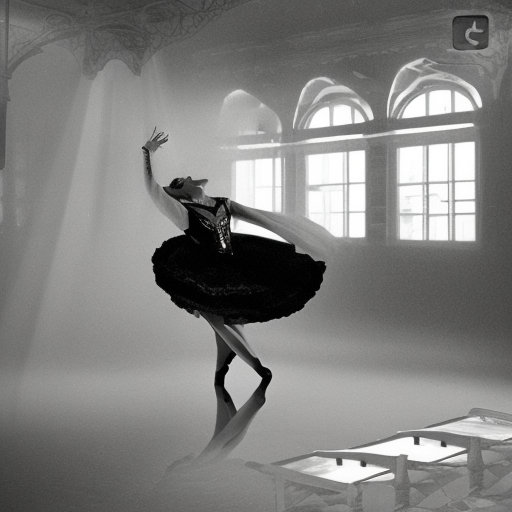One-line Summary:
Day for Night by François Truffaut
A behind-the-scenes look at the making of a film, “Day for Night” explores the chaotic and passionate world of filmmaking, capturing the trials and tribulations of the cast and crew as they navigate personal and professional challenges. Directed by François Truffaut, the film features a stellar ensemble cast and offers a poignant and humorous exploration of the art of cinema.
Main Cast and Crew:
- Director: François Truffaut
- Writer: François Truffaut
- Key Actors: Jacqueline Bisset as Julie Baker, Jean-Pierre Léaud as Alphonse, François Truffaut as Ferrand, Valentina Cortese as Severine, Nathalie Baye as Joelle, Jean-Pierre Aumont as Alexandre, and Jean Champion as Bertrand
- Music Director: Georges Delerue
- Director of Photography: Pierre-William Glenn
- Producers: Marcel Berbert and François Truffaut
Plot:
“Day for Night” takes us behind the scenes of a film production, following the lives and interactions of the cast and crew. The film within the film, also titled “Day for Night,” revolves around a love triangle between Julie, the leading lady, Alphonse, the young actor, and Alexandre, the older actor. As the production progresses, we witness the personal dramas and relationships that unfold on and off set.
The director, Ferrand, struggles to balance his artistic vision with the demands of the studio and the egos of his actors. He navigates the challenges of working with temperamental actors, dealing with technical difficulties, and managing the personal lives of his cast and crew. Meanwhile, Julie grapples with her failing marriage and finds solace in her work, while Alphonse becomes infatuated with her.
As the film nears completion, tragedy strikes when one of the crew members dies. The production is halted briefly, but the show must go on. The film concludes with a bittersweet ending, as the characters face the realities of their lives and the fleeting nature of their art.
Themes and Motifs:
“Day for Night” explores the art of filmmaking and the blurred lines between reality and fiction. Truffaut delves into the passion and dedication required to create a film, highlighting the sacrifices made by the cast and crew. The film also examines the complex relationships that develop on a film set, from the camaraderie and conflicts to the blurred boundaries between professional and personal lives.
Truffaut’s love for cinema shines through in “Day for Night,” as he pays homage to the medium and its ability to transport and transform both the creators and the audience. The film also touches on the fleeting nature of fame and the transient nature of life itself.
Reception and Legacy:
Upon its release in 1973, “Day for Night” received critical acclaim for its innovative approach to storytelling and its authentic portrayal of the filmmaking process. It won the Academy Award for Best Foreign Language Film, solidifying Truffaut’s status as a master filmmaker.
The film’s legacy can be seen in its influence on subsequent filmmakers, who have been inspired by Truffaut’s exploration of the art form. “Day for Night” remains a beloved classic in the world of cinema, celebrated for its blend of comedy and drama, its insightful commentary on the filmmaking process, and its memorable performances.
Recommendation:
“Day for Night” is a must-watch for cinephiles and anyone interested in the art of filmmaking. Truffaut’s masterful direction and the exceptional performances by the ensemble cast make this film a captivating and immersive experience. Whether you are a fan of Truffaut’s work or simply curious about the behind-the-scenes world of cinema, “Day for Night” is a true gem that should not be missed.
Memorable Quote:
“Making a film is like a stagecoach ride in the old west. When you start, you are hoping for a pleasant trip. By the halfway point, you just hope to survive.”












